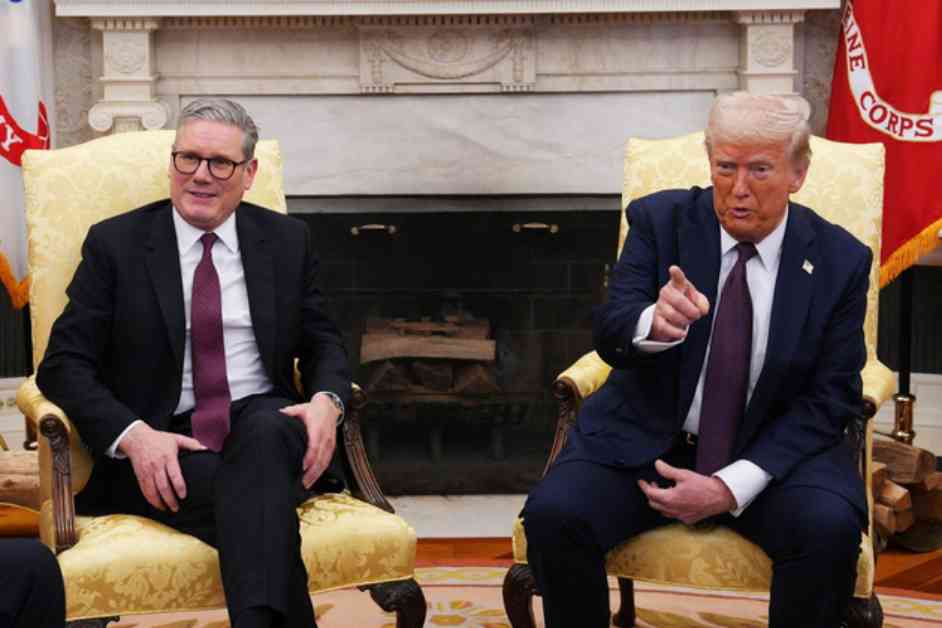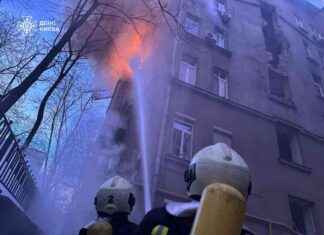In a recent meeting between US President Donald Trump and British Prime Minister Keir Starmer, the topic of establishing a ceasefire “deal” before deciding on foreign troop deployments in Ukraine took center stage. Trump emphasized the importance of reaching a deal before discussing peacekeeping efforts, highlighting the need for a concrete agreement in place. While progress has been made towards a deal, it has not yet been finalized, leading Trump to withhold further discussion on peacekeeping initiatives until then.
European Perspectives on Peacekeeping
European countries have differing opinions on the role of peacekeeping troops in Ukraine. Some nations, such as the UK and France, have expressed openness to deploying peacekeeping forces as part of future peace settlements, with discussions revolving around ensuring security measures are integrated into ceasefire talks. On the other hand, Germany has currently ruled out troop deployments but remains open to considering the idea once a framework is established. This varying stance among European nations reflects the complex nature of international relations and the nuanced approach required in conflict resolution.
International Dynamics and Support for Ukraine
The international community’s response to the situation in Ukraine has been multifaceted, with countries like Turkey, a NATO member, signaling willingness to participate in peacekeeping efforts under specific conditions. Meanwhile, Russia has consistently opposed the idea of European peacekeepers in Ukraine, adding another layer of complexity to the diplomatic landscape. Against this backdrop, Starmer’s visit to the US to discuss Ukraine’s territorial and security guarantees underscores the significance of transatlantic relations in shaping global peace and stability. As Trump signals a potential shift in US foreign policy towards Europe, concerns about the future of the transatlantic alliance loom large, making Starmer’s role as a “bridge” between Europe and the United States crucial in navigating these uncertain waters.
Leo Chiu, a seasoned news reporter based in Eastern Europe since 2015, brings a unique perspective to the geopolitical landscape, drawing on his experiences covering presidential elections in Belarus and exploring contested regions worldwide. His commitment to uncovering the human stories behind the headlines underscores the importance of empathy and understanding in modern journalism. As developments in Ukraine continue to unfold, Chiu remains dedicated to providing insightful coverage that goes beyond mere facts and figures, capturing the essence of the people and places affected by geopolitical shifts.

















